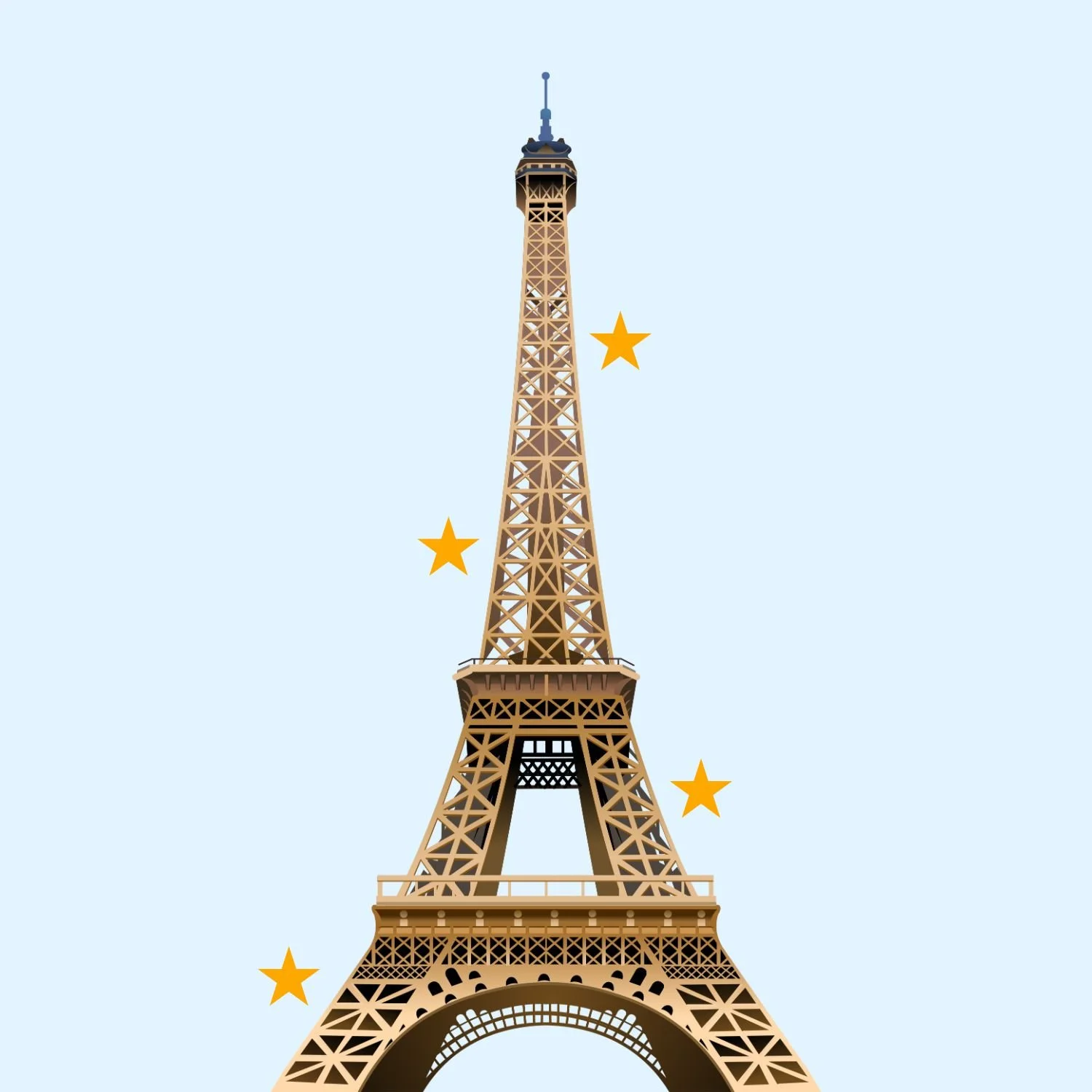A Personal Journey Through Anxiety
When Beauty Triggers Fear
Anxiety can catch us off guard - not just in stressful or painful moments, but sometimes when life is at its most beautiful. That’s what happened to me recently.
I was sharing a wonderful experience with someone I love. The day was perfect, the surroundings awe-inspiring. But out of nowhere, I felt dizzy. Disoriented. My chest tightened, my thoughts spiraled, and fear took over. It was as if the ground beneath me vanished and I was floating in a terrifying void.
It didn’t make sense. I should have been happy - everything around me was telling me to be - but my body and mind weren’t listening. That’s the maddening nature of anxiety: it doesn’t wait for logic or invitation. It just arrives, unannounced.
If you've ever felt this kind of internal storm, know this - you’re not alone.
Understanding Anxiety: Why We Feel Fear Without Reason
Anxiety is not just worry or stress. It’s a mental and emotional loop - a deeply ingrained pattern that can replay itself over and over, even when we know it’s irrational.
To understand anxiety, you need to understand how your mind works.
Your brain is a pattern-making machine
Our minds operate through association. We experience something emotionally intense, and the brain records it. Later, when something vaguely similar happens, the mind hits "play" on that old emotional response — even if the new situation doesn’t warrant it.
The brain learns through conditioning
You may have heard of Pavlov’s dogs. In a famous experiment, dogs were conditioned to salivate at the sound of a bell because it was repeatedly paired with the arrival of food. Over time, just the bell was enough to trigger the response.
We’re not so different. Emotional reactions can be conditioned the same way. If you once felt fear in a particular situation, your brain might now respond with anxiety every time you're in a similar context. It’s not a conscious choice - it's a reflex. This creates a loop:
Trigger → Automatic Reaction → Emotional Memory → Reinforced Response
And so the cycle continues. But here’s the good news: WHAT WAS LEARNED CAN ALSO BE UNLEARNED.
How to Break Free From Anxiety’s Grip
If anxiety is a learned pattern, then recovery is a process of reprogramming your mental and emotional responses. It takes effort - but it is absolutely possible.
Practice Self-Awareness
Before change comes awareness. Meditation is one of the most powerful tools you can use. It teaches you to observe your thoughts without getting lost in them. Even five minutes a day can create a pause between stimulus and response — a space where change can begin.
Harness the Power of Visualization
Visualization is more than imagination - it’s mental training. Create clear, vivid mental images of yourself calm, grounded, and in control. The more detailed the image, the more your brain learns a new path. Thoughts are images, and new images create new emotions.
Be Radically Honest With Yourself
Ask yourself: What am I really afraid of? Is this reaction protecting me, or just repeating an outdated memory?
Honesty is the foundation of growth. When you admit what you feel - even if it feels irrational - you reclaim your ability to respond differently.
Shift From Victim to Creator
It’s easy to feel helpless in the face of anxiety. But here’s a truth you must internalize: you are not a passive recipient of your thoughts. You are their author.
Taking responsibility doesn’t mean blaming yourself - it means recognizing your power to change. Victimhood is disempowering. Ownership is the first step to transformation.
How to Break Free From Anxiety’s Grip
Anxiety feels real - and it is. But it doesn’t define you.
You are not your thoughts. You are the one who sees them. You are not your feelings. You are the one experiencing them. And because of that, you have the power to change your inner world, even if it takes time.
Start small. Observe your reactions. Visualize new responses. Be gentle but persistent. Your mind is not fixed - it’s fluid, adaptable, and trainable. What once felt automatic can be rewritten.
Let this be your reminder: YOU ARE MORE POWERFUL THAN YOUR ANXIETY.
